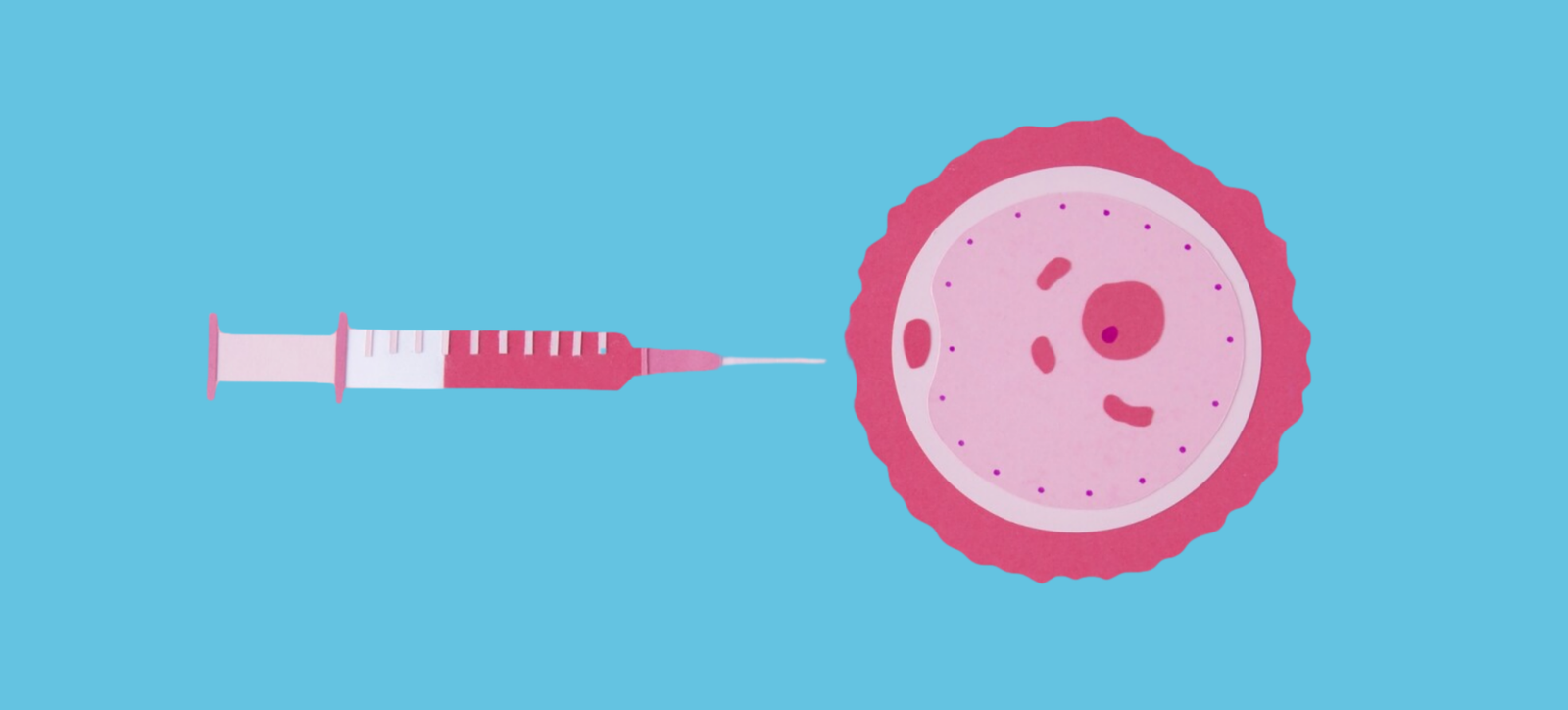Follicular monitoring
IVF or In-vitro Fertilization is an ART solution which is routinely used to help couples facing fertility issues


Follicular monitoring is a process where regular monitoring of the growth of follicles in the ovaries is done with the help of ultrasound and or hormonal blood tests. It is used when a female is undergoing fertility treatment.
In a menstrual cycle, there is development of multiple follicles in the ovaries, each containing an egg. Follicular monitoring with the help of ultrasonography helps the fertility specialists in assessing the size and maturity of these follicles, along with the thickness of the uterine lining. Follicular monitoring is crucial in helping to determine the optimal timing for procedures such as ovum pick up or timed intercourse or intrauterine insemination.
Why follicular monitoring is done?
1.Timing of certain procedures: By monitoring the growth
of follicles, infertility specialists can determine when
the oocytes are mature and ready for ovum retrieval or
intrauterine insemination or timing of intercourse so as
to increase chances of pregnancy.
2.Dose of medications: Follicular monitoring helps
infertility specialists to evaluate the response to
fertility medications in any particular patient. Dose of
injections or medications which help in the growth of
follicles can be increased or decreased according to the
assessment of the size of follicles.
3.Identification of any particular problem: Follicular
monitoring helps to identify any abnormality during
ovarian stimulation. It can detect problem if the
ovaries are not responding to the medications or the
response is poor or if there is hyper response. This
information is important as it allows the clinician to
make informed decisions regarding the treatment plan.
4.Estimation of success : Follicular monitoring
can provide insights into the potential success of the
infertility treatment. By monitoring the development of
follicles closely, infertility specialists can optimize
the chances of successful outcomes of assisted
reproductive techniques like, IVF (in vitro
fertilization), IUI (intrauterine insemination), or
timed intercourse.
More Services
How can we help you?
Contact us at the Consulting WP office nearest to you or submit a business inquiry online.
